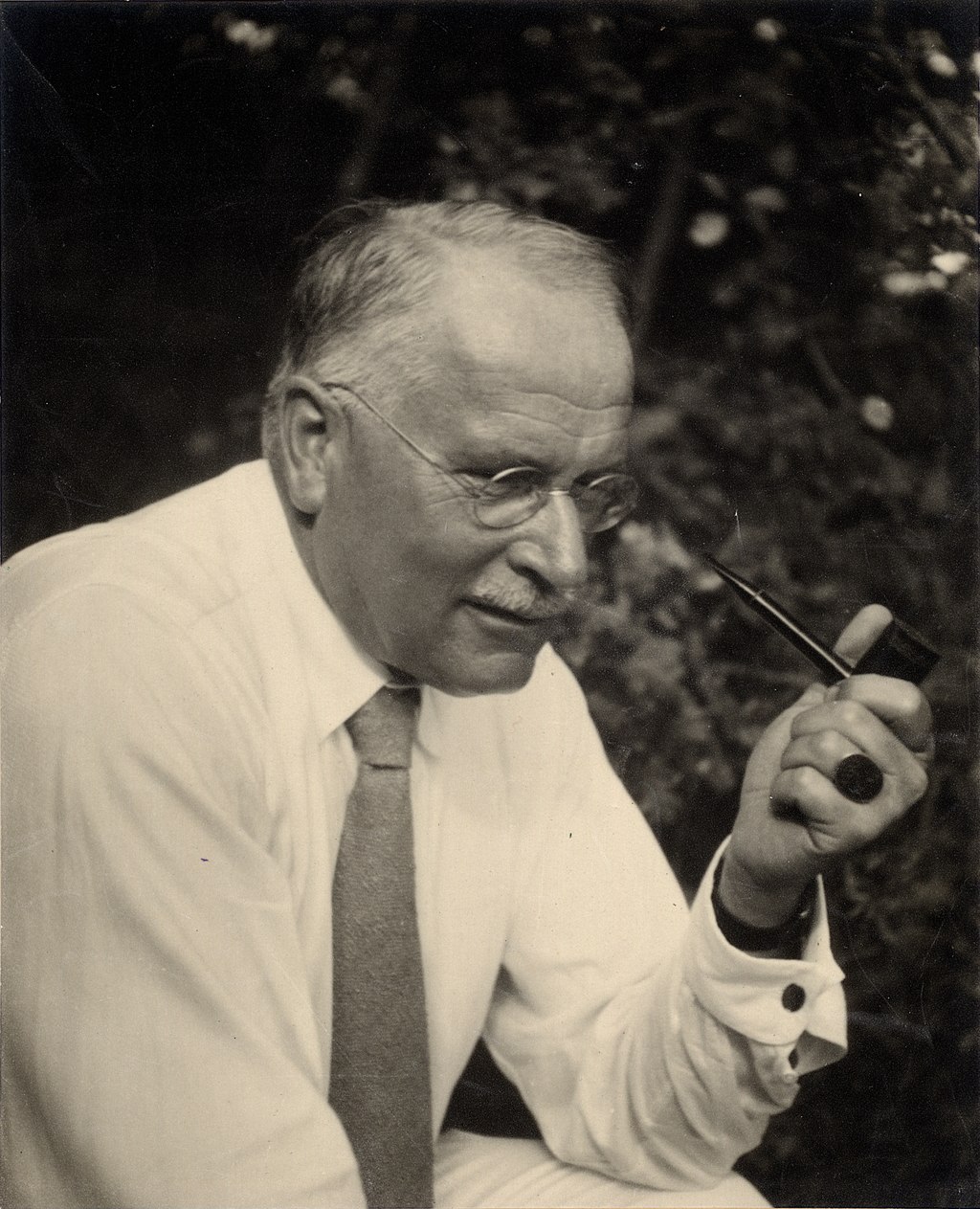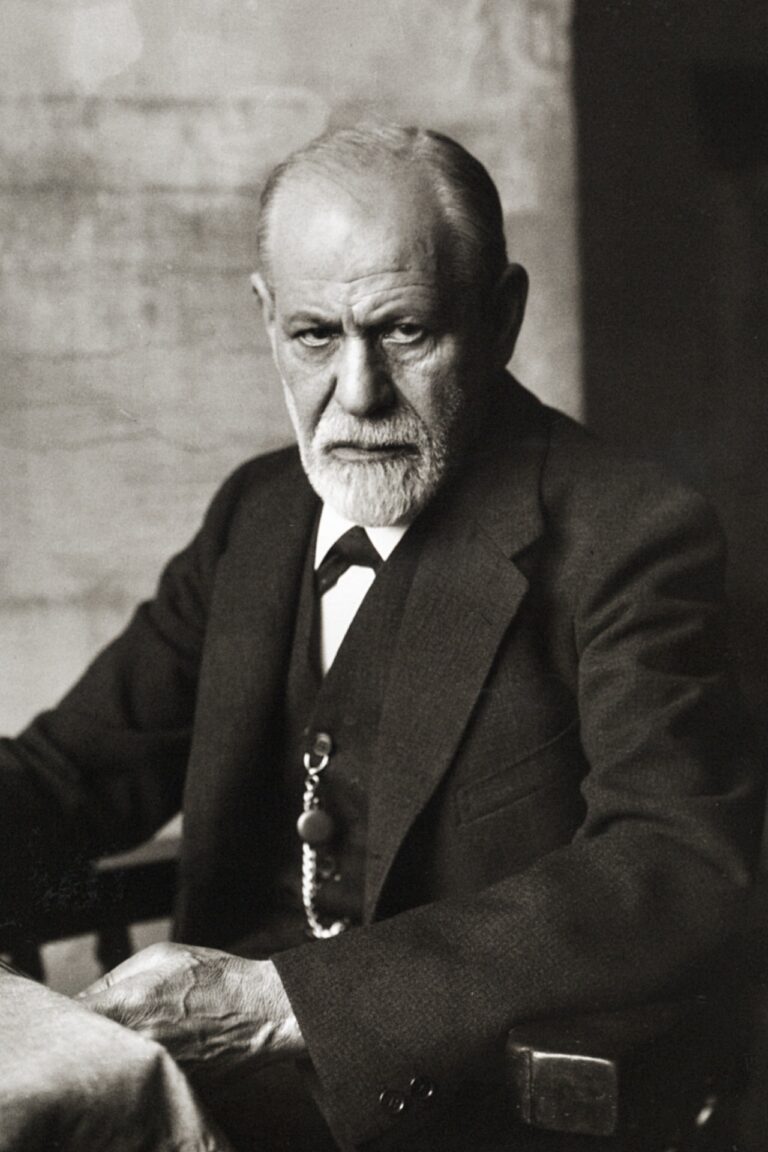
Following on from this article that nicely explains the model of the mind as developed by Sigmund Freud, we now look at the Jungian model of the mind, developed by the Swiss psychologist Carl Jung, represents a significant departure from the Freudian model, while still building upon its foundations. Like Freud, Jung believed that the human psyche was made up of distinct parts, but he also introduced new concepts and ideas that expanded our understanding of the human mind.
Origins of the Jungian Model
Jung was deeply influenced by Freud’s work, but he also had his own unique ideas about the nature of the human psyche. One of Jung’s most significant contributions to the field of psychology was the concept of the collective unconscious, which he believed represented a kind of shared psychic heritage that was common to all human beings.
According to Jung, the collective unconscious was made up of a vast array of archetypes, or universal symbols and motifs that were shared across cultures and throughout human history. These archetypes represented fundamental aspects of the human psyche, such as the mother, the hero, and the trickster, and could be seen in the myths, stories, and art of all cultures.
Jung also introduced the concept of individuation, which he believed was the process of becoming one’s true self by integrating all aspects of the psyche, including the unconscious, into a unified whole. This process was seen as a lifelong journey, requiring deep introspection and self-reflection.
The Jungian Model: Building Upon the Freudian Model
While Jung’s model of the psyche built upon Freud’s work, there were also significant differences between the two. For example, Jung rejected Freud’s emphasis on the role of sexual and aggressive drives in shaping human behaviour, instead focusing on the role of spirituality, creativity, and self-expression.
Jung also saw the psyche as a more dynamic and fluid entity than Freud did, with a much greater potential for growth, change, and transformation. For Jung, the goal of psychological health was not simply to alleviate symptoms, but to foster a sense of wholeness and integration that allowed individuals to live a more fulfilling and meaningful life.
The usefulness of the Jungian Model
The Jungian model offers a number of useful tools for exploring the human psyche and fostering greater self-awareness and personal growth. One of the most powerful aspects of Jung’s work is the concept of the shadow, which represents those aspects of ourselves that we deny, repress, or disown. By exploring the shadow and bringing it to consciousness, individuals can gain greater insight into their own unconscious desires, fears, and motivations, and develop a greater sense of self-awareness and acceptance.
Another key aspect of the Jungian model is the concept of active imagination, which involves the intentional exploration of the unconscious through techniques such as dreamwork, art therapy, and other creative processes. By engaging in active imagination, individuals can gain a deeper understanding of their own psyche, as well as tap into the rich symbolism and archetypes of the collective unconscious.
Finally, the Jungian model can also be useful in understanding the role of spirituality and religion in shaping human behaviour and experience. For Jung, spirituality was not simply a matter of belief or dogma, but a fundamental aspect of the human psyche that provided a sense of meaning, purpose, and connection to something greater than oneself.
The Jungian model of the mind offers a rich and nuanced understanding of the human psyche, building upon the foundations of the Freudian model while also introducing new concepts and ideas. By exploring the collective unconscious, individuation, and the role of spirituality, creativity, and self-expression, the Jungian model provides a powerful framework for exploring the complexities of the human psyche and fostering greater self-awareness and personal growth.

